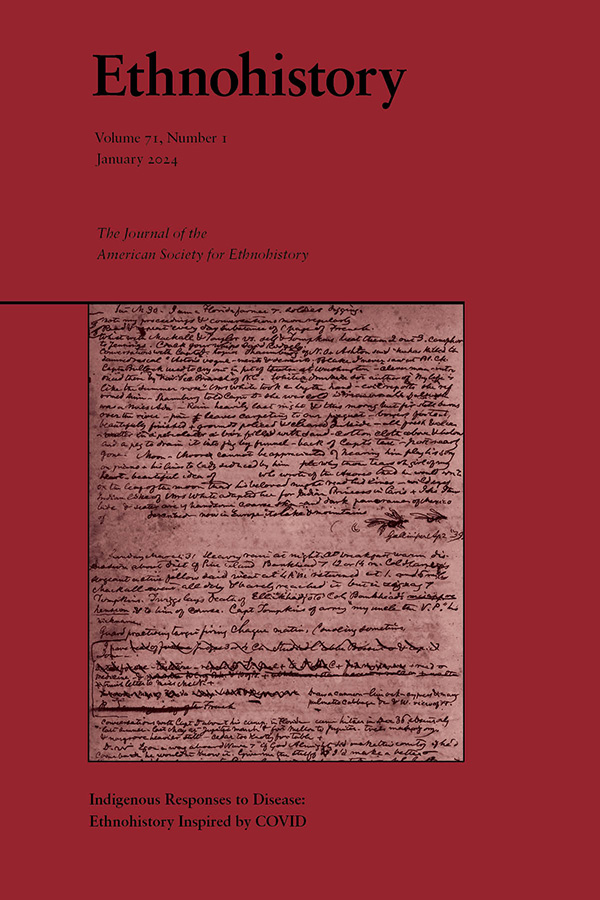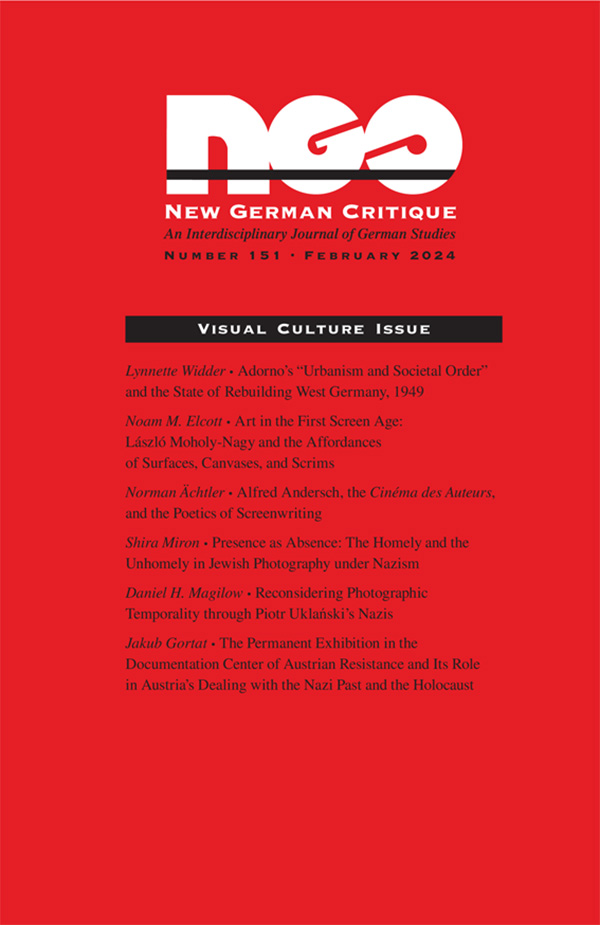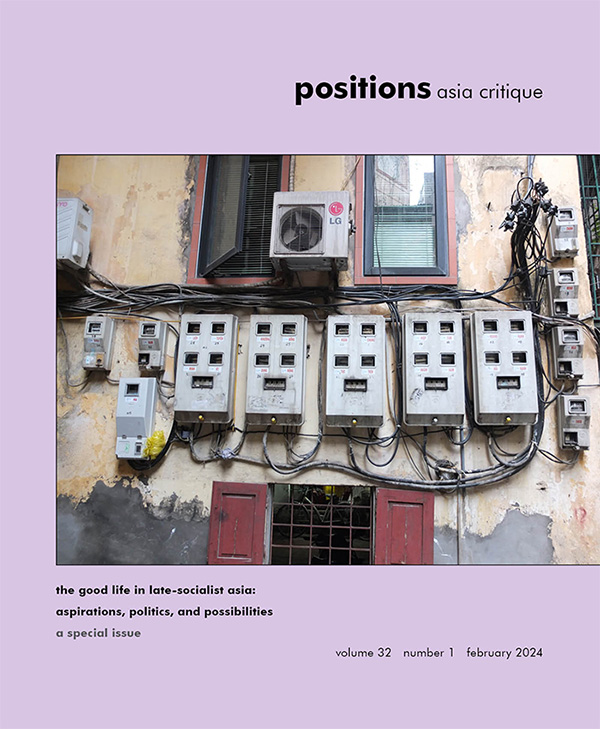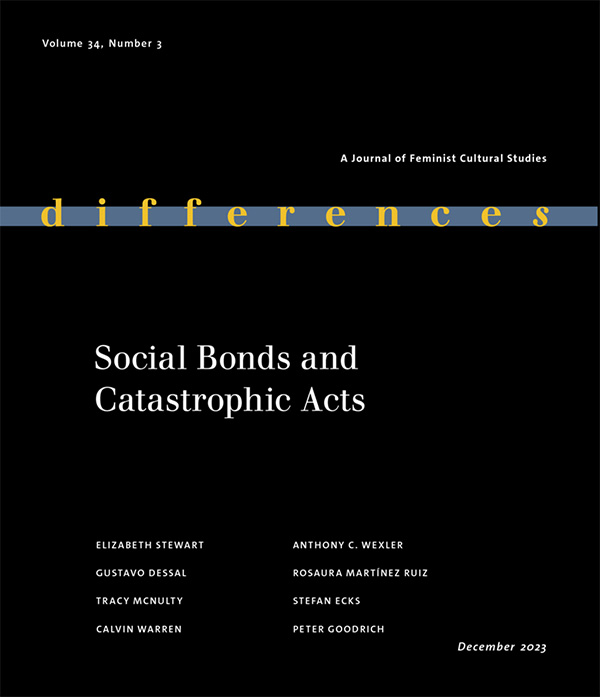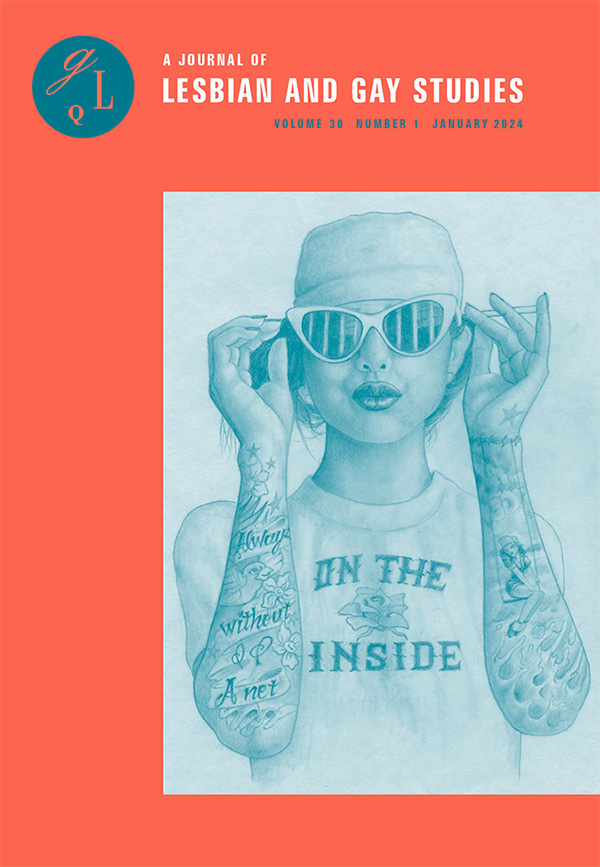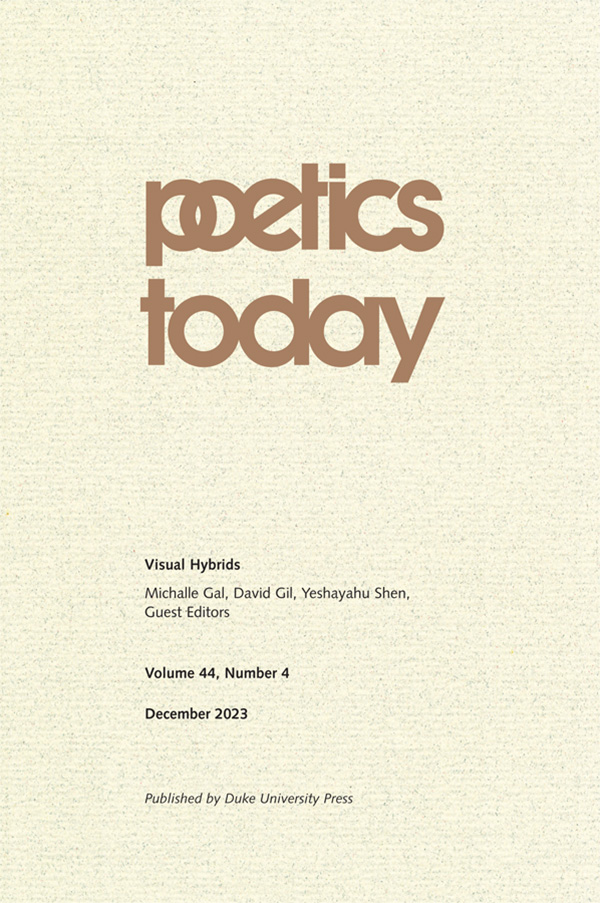The Weekly Read for April 27, 2024, is “Transnational Queer Materialism” by Rana M. Jaleel and Evren Savci. The article is the introduction to a recent special issue of South Atlantic Quarterly edited by the authors.
Read this article for free through June 30, 2024.
Buy this special issue and use coupon code SAVE30 for a 30% discount.
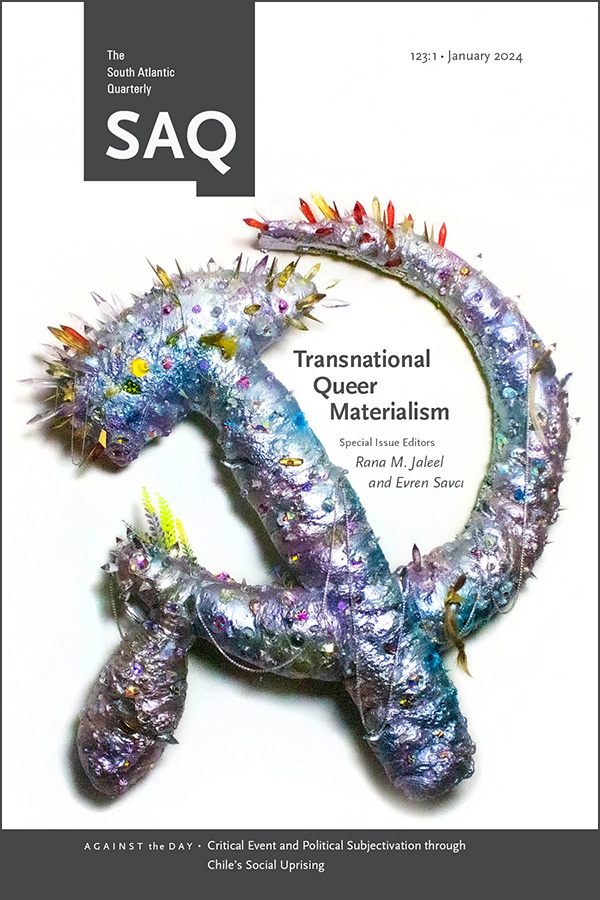
The introduction to this special issue takes up the narrations and values produced by the travels of words like queer of color, race, and racial capitalism to both comobilize and retheorize queer of color critique and the content and contours of global racial capitalism. With and beyond the story of US empire and the transatlantic slave trade—from peripheral European engagements with Africa to the circulation of caste in Africa via Indian Ocean worlds—in this special issue the authors examine some of the histories and present modes of capitalist accumulation that are relevant to telling global stories of race and capitalism. A queer/trans lens keeps the authors’ attention trained as well on the arrangements and estrangements of the sex/gender systems that power such narratives of race and capitalism. So positioned, the authors enter ongoing debates on the geopolitics of queer studies, the import of queer materialism, and theorizations of racial capitalism by asking (1) What is the “racial” of racial capitalism?, and (2) What is the “of color” in queer/trans of color critique? The questions form a method for thinking global racial capitalism and queer/trans of color study together—what the authors call transnational queer materialism.
The South Atlantic Quarterly, founded amid controversy in 1901, provides bold analyses of the current intellectual scene, both nationally and worldwide. Published exclusively in guest-edited special issues, this award-winning centenarian journal features some of the most prominent contemporary writers and scholars tackling urgent political, cultural, and social questions. Some issues grow out of current academic debates, concerning, for example, the growing power of finance, narratives of black leadership, and the politics of austerity.
The Weekly Read is a weekly feature in which we highlight articles, books, and chapters that are freely available online. You’ll be able to find a link to the selection here on the blog as well as on our social media channels. Enjoy The Weekly Read, and check back next week for something new to read for free.


